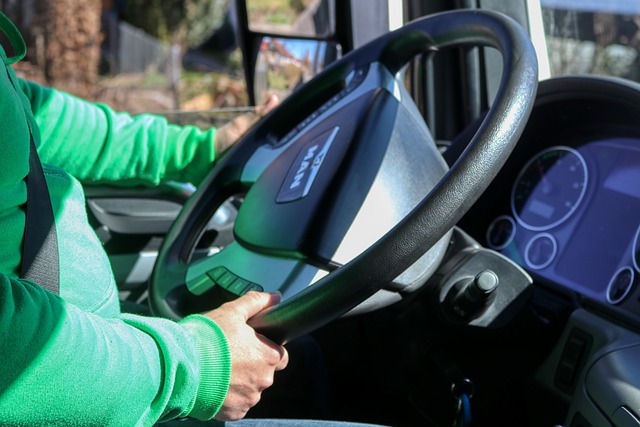
Food and water
At least half a tank more fuel than you imagine they will need — most journeys take longer than originally imagined and it is a good idea to be prepared.
Inspect the vehicle
We always recommend that regular inspections and maintenance be adjusted during the winter. Special attention should be paid to:
- Tires – pressure, and balance
- Battery– power and charges
- Windscreen wipers– working well and free of ice and snow
- Fluid levels– filled to recommended capacity
- Lights– fully -functional
- Exhaust – clear of snow
- Defrosters– ensure they are functional
We also know that making a full visual examination of the vehicle by walking around with the clipboard can be an especially difficult task in the winter. This is why we suggest switching over to the electronic system in which all information will be automatically placed into the system.
Check the conditions
You will want to ensure that your units are all supported with up-to-date weather information so that they can stay well-informed of closed routes and other changes cause by weather conditions. GPS systems, radios and communications schedules are also important components of a plan to keep your HGV drivers on safe roads. If you are thinking of becoming a lorry driver but don’t have the right qualifications then all you have to do is find an HGV training course. It shouldn’t be too difficult for you to find as there is a lot of high-quality HGV driver training in London and across the UK.
Drive carefully
Sudden sharp movements can cause all types of problems on the roads, but in the winter, these movements can spell disaster. Always advise your HGV drivers to:
Slow down – most often accidents occur when drivers are going too fast. The dangers of moving are increased during the winter when icy roads and poor visibility can increase the chances of hazards on the road.
Allow extra space – increasing your space between other vehicles will allow for more room to stop in case of an emergency. Even though it is easy to assume accidents are caused by poor visibility, snow ice and sun glare, the truth is that many accidents can be avoided by taking the proper precautionary measures.
Be consistent – drive at a steady speed and brake softly and consistently.
Know the rules
HGV drivers must adjust their driving to match the conditions of their environment and the weather. In the winter, they should allow their directional signals to blink a full five times before changing lanes. Remind your drivers that they should never feel the need to match the speed of the other drivers.
You should also remind them that if they will be reducing their speeds to match the weather conditions, they should also keep their hazard lights on to remind all other drivers that they are moving at a slow rate of speed.
Be mindful of hazards
An HGV driver has a demanding job and they must be aware of all the hazards of driving in poor weather conditions. Here are some of the things they should watch out for:
Black ice – this dangerous road condition can be tough to spot, but often looks like a thin layer of transparent ice that looks a little wet. If you see a buildup of ice on cars and antennae and other places, there is a good chance there’s black ice on the road too.